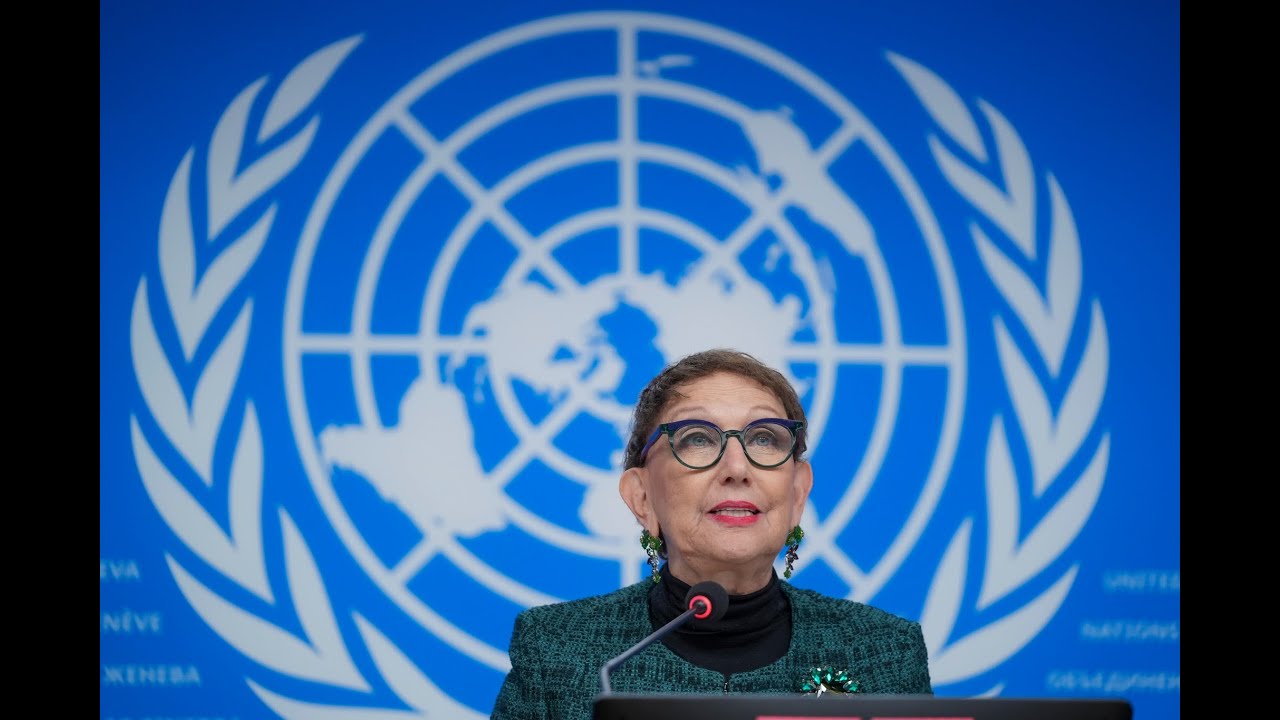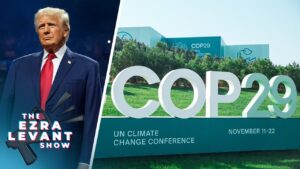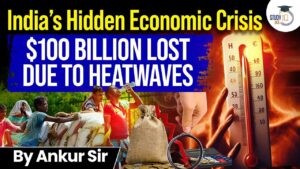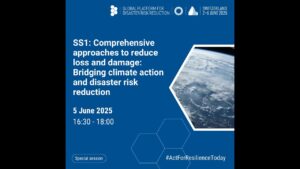
SPEAKERS
Rebeca Grynspan, Secretary General of UN Trade and Development
Rolf Traeger, UN Trade and Development, Chief, LDC Section Policy Analysis and Research Branch
As the world confronts intertwined climate and finance crises while seeking to advance on the Sustainable Development Goals (SDGs), carbon markets are increasingly seen as key drivers of climate ambition and capital flow.
They enable countries to trade carbon credits – permits to offset a specific amount of emissions – allowing sellers to earn revenue and contribute to climate action.
The least developed countries (LDCs) are already engaged in carbon markets and among the early movers in emerging trading mechanisms under Article 6 of the Paris Agreement.
The Least Developed Countries Report 2024 examines how these markets could bridge gaps between economic growth and climate action in LDCs and mobilize capital for sustainable development.
It makes clear that while carbon markets offer promise, they are not a substitute for official development assistance or climate finance. Instead, they serve as one of many tools to support LDCs’ green structural transformations and global emissions goals.
Using data-driven analysis and case studies, the report provides a roadmap for LDCs and their development partners to unlock the potential of carbon markets for sustainable growth.
Full report: https://unctad.org/ldc2024
Press releases in multiple languages: https://unctad.org/pressmaterial-search?f[0]=type%3A265
Photos, video, audio for download: https://trello.com/c/au6wUijJ/7-press-materials
source







Respectful Greetings!
To: United Nations Trade & Development – UN Trade & Development.
To: Ms. Rebeca Grynspan – Secretary General of UN Trade & Development.
What are carbon markets?
In a nutshell, carbon markets are trading systems in which carbon credits are sold and bought. Companies or individuals can use carbon markets to compensate for their greenhouse gas emissions by purchasing carbon credits from entities that remove or reduce greenhouse gas emissions.
According to Rebeca Grynspan: As the world seeks innovative solutions to simultaneously tackle the climate and financial crises and achieving the Sustainable Development Goals, carbon markets have emerged as a beacon of hope. These markets are seen as facilitators of climate ambition and catalysts for capital flows for developing countries, offering a promising path to unlocking sustainable development. As carbon markets take shape in line with Article 6 of the Paris Agreement, and initiatives to improve the integrity of the voluntary carbon market, we are entering a future full of with potential and pitfalls.
The Least Developed Countries Report 2024 was prepared by UNCTAD under the overall supervision of Paul Akiwumi, Director, Division for Africa, Least Developed Countries and Special Programmes, and Junior Roy Davis, Head, Policy Analysis and Research Branch, by Rolf Traeger (team leader), Benjamin Mattondo Banda, Stefan Csordas, Junior Roy Davis and Matfobhi Riba, assisted by Zakaria Jbilou, Siying Li, Elena Stroganova, Stefanie West, Bohan Yang and Yufei Zhang.
How many types of carbon markets are there?
There are broadly two types of carbon markets: compliance and voluntary.
Compliance markets are created as a result of any national, regional and/or international policy or regulatory requirement.
Voluntary carbon markets – national and international – refer to the issuance, buying and selling of carbon credits, on a voluntary basis.
The current supply of voluntary carbon credits comes mostly from private entities that develop carbon projects, or governments that develop programs certified by carbon standards that generate emission reductions and/or removals.
Demand comes from private individuals that want to compensate for their carbon footprints, corporations with corporate sustainability targets, and other actors aiming to trade credits at a higher price to make a profit.
Thank you for making the United Nations Report: The Least Developed Countries 2024 available.
Obligingly!
Luís Van-Dúnem
So basically carbon credits will allow large companies to continue polluting by paying poor countries to not utilize their own natural resources.